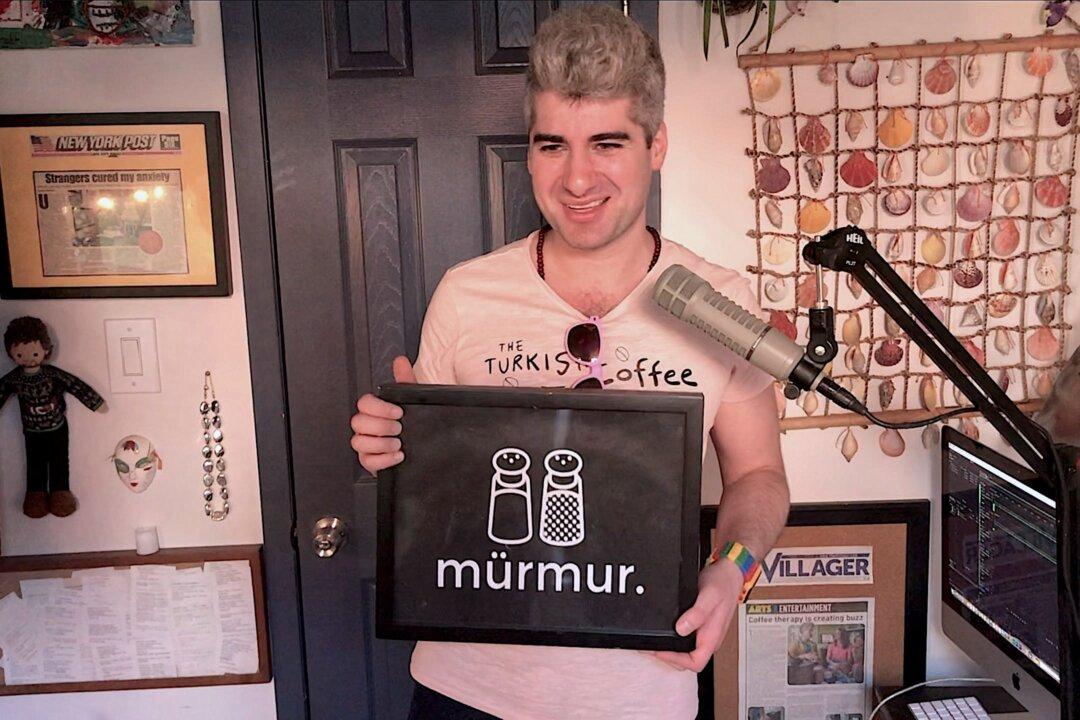SAN FRANCISCO—City Attorney Dennis Herrera is no fan of energy drinks and now he has more of a reason to never become one.
For several months, Herrera has been in dialogue with Monster Beverage Corp. over the company’s practices in marketing their caffeine-concentrated beverages to children and youth, which he claims violates California law.
Until this week he thought both sides could reach a settlement. Not any more. On April 29, Monster filed charges against Herrera, asking a federal judge to stop him from further investigating the company. The company said they were being unfairly singled out.
After a highly publicized case of a 14-year-old girl who died in 2011 after consuming two 24-ounce cans of Monster Energy, the company has met with increasing scrutiny from both public regulators and the medical profession over the safety of its products for minors. In October 2012, the girl’s parents sued Monster over the death.
Herrera said there is “overwhelming evidence” that the company’s beverages pose a serious health risk to young people, according to a statement Tuesday.
The Corona, Calif.-based company maintains its drinks are safe when consumed responsibly and that no scientific consensus has been established over serious health hazards from caffeinated drinks.
The lawsuit contends that Herrera “appears to be motivated by publicity rather than science.”
Herrera is ready to fight back what he calls a “preemptive lawsuit” by Monster.
“I intend to litigate this case aggressively to reform their irresponsible marketing and business practices, which I believe clearly violate California’s consumer protection laws,” Herrera said.
He alleges Monster illegally targets youth and children in its sponsor campaigns for athletes.
For example, on the social media site Monster Army, which provides “insider access to the Monster Energy lifestyle,” members as young as 6 years are allowed to join. By regularly contributing, they can work themselves up to from “privates” to “generals” with the chance to win money and Monster Energy drinks.
Energy drinks are booming and, particularly among adolescents, are increasing in popularity. With 35 percent, Monster holds the largest share of the U.S. energy drink market. The company has tripled its sales between 2006 and 2012.
In March, 18 scientists who had conducted or studied research into the health impacts of energy drinks wrote to the U.S. Food and Drug Administration (FDA) demanding to better protect youth and children from the dangers of energy drinks.
The researchers cited FDA data that has shown that five deaths have been implicated and 13 have a possible connection to Monster Energy drinks.
“There is evidence in the published scientific literature that the caffeine levels in energy drinks pose serious potential health risks, including increased risk for serious injury or even death,” the scientists concluded.
Since most energy drinks are classified as dietary supplements and not as drinks, the caffeine content does need to be disclosed.
According to a January report by the Drug Abuse Warning Network (DAWN), emergency department visits that are related to energy-drink consumption have doubled between 2007 and 2011, from 10,068 to 20,783.
Monster has called the DAWN report “misleading.” Other factors, like misuse of alcohol or illegal drugs, are likely to be the main causes for the medical issues that led to the emergency situation, it said.
“Millions of Monster Energy drinks are safely consumed every day and there is not one direct link to a single death that we know of that has been proven,” Daniel Callahan, one of Monster’s lawyers, said in a statement.




